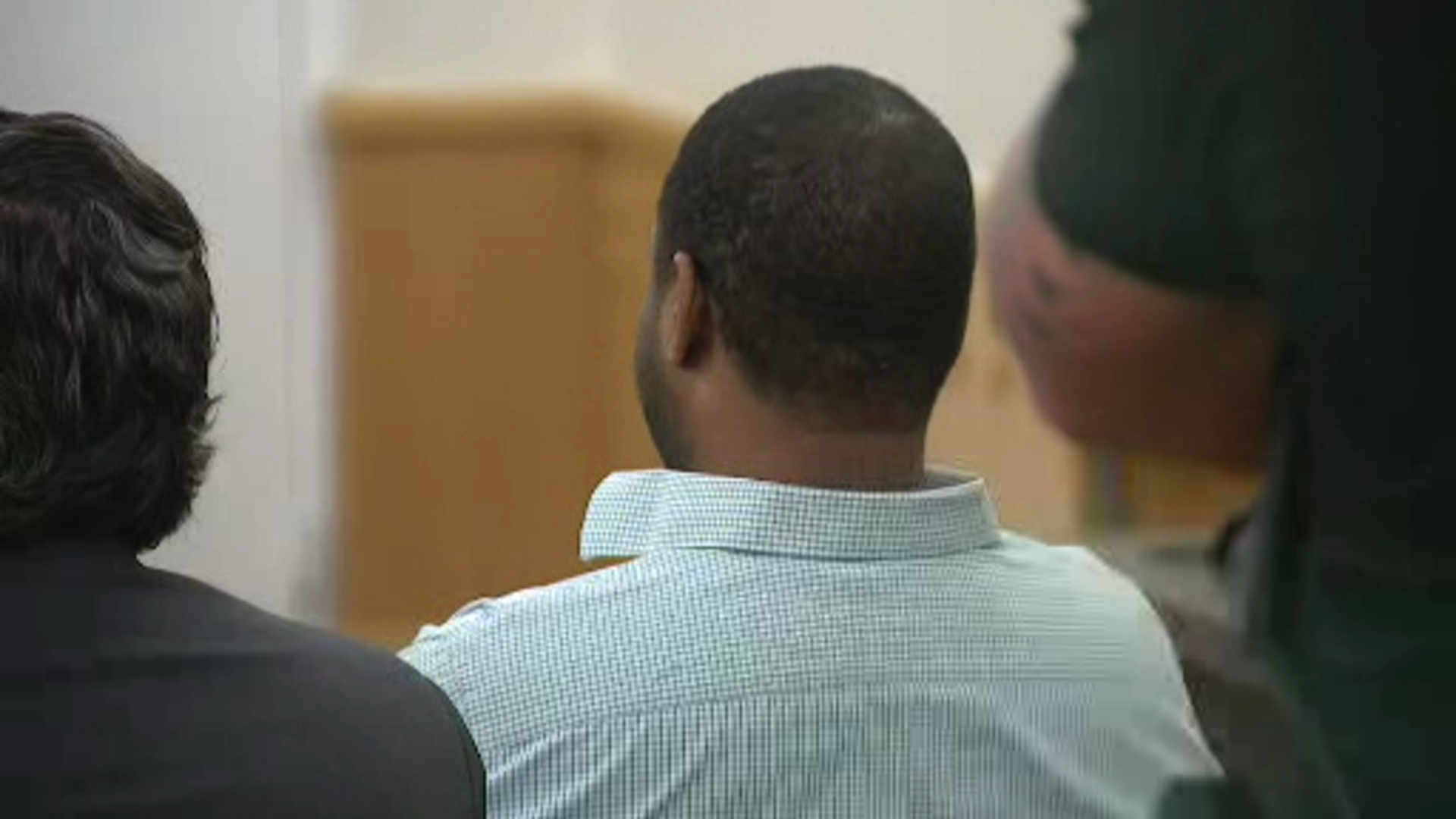After some 30 years running Pan-African Connection in Oak Cliff, Akwete Tyehimba has come to know the community well. She also knows what they’re saying about the COVID-19 vaccine. She said her customers are split. Half say they’ll take it, while the other half is not convinced. She understands, and, in many ways, identifies.
“I never went to the doctor as a child. My mother cured us or treated us at home,” said Tyehimba. “They had little remedies that they did like little scientists and chemists.”
The history of medical misdeeds inflicted on Black people is repeatedly left out of schoolbooks. However, the facts remain. Tyehimba, who was instrumental in the implementation of African American Studies in North Texas schools, knows the facts very well.
“No one can blame us for the distrust of a government that has betrayed us over and over again,” she said.
There’s the Tuskegee experiment that went on from the 1930s into the 1970s. Hundreds of Black men, under the direction of the federal government, were injected with Syphilis.
“And although there was penicillin that came along as a cure, they still allowed these Black men to go untreated with all these horrible painful symptoms and died,” said Tyehimba.
There’s also what happened to Henrietta Lacks, a Black woman who entered Johns Hopkins Hospital in the 1950s for vaginal bleeding.
Local
The latest news from around North Texas.
“This woman had cancer and the doctors were taking her cells and using them to help cure other diseases without her knowledge,” said Tyehimba.
Then there’s civil rights and women’s rights activist Fannie Lou Hamer, who was given a hysterectomy without her consent in 1961.
“She went into the doctor and the doctor sterilized her without her knowledge,” said Tyehimba. “So, you have this history of betrayal.”
There’s a psychological impact, which explains the distrust. Psychiatrist Dr. Brian Dixon had this to say:
"Remember that Black people have experienced cultural trauma. A hallmark of trauma is avoidance: refusing to interact with people and events that have caused pain in the past. Having a promising vaccine does not improve the trauma response and so I fully expect some Black people to be reticent to take the vaccine."
However, Dixon does acknowledge the significance of having Black doctors and scientists on the COVID-19 vaccine team; like Dr. Kizzmekia Corbett, who led research efforts.
“If people of color see themselves in powerful roles, they believe that they too can be in those roles. In the case of public health, seeing someone who is healthy do their part to slow down a deadly pandemic by vaccination is key. Having physicians and recipients of color make it even more likely that people of color will trust the act.”
Tyehimba is convinced the medical community has made grounds when it comes to its trustworthiness but under the very watchful eye of those who need the most convincing.
“People are watching this very closely,” she said. “People are doing a lot of research and not just moving blindly.”



